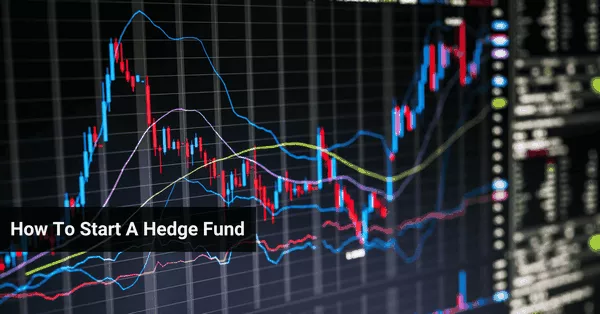When it comes to international travel, trade, or investment, understanding how currency exchange works is essential. The world’s economies are intricately connected, and currency exchange is the mechanism that allows us to navigate these global transactions. In this comprehensive guide, we will delve into the intricacies of currency exchange, breaking down the process into five key aspects.
1. Exchange Rates and Valuation
At the heart of currency exchange lies the concept of exchange rates. An exchange rate is the value of one currency in terms of another. These rates are not fixed; they fluctuate based on a variety of factors, including economic indicators, geopolitical events, and market sentiment. Central banks and financial institutions play a crucial role in influencing exchange rates through monetary policy and interventions.
Currencies are valued using a floating exchange rate system, where supply and demand in the foreign exchange market determine their worth. This dynamic system allows currencies to adjust to changing economic conditions, ensuring relative stability in international trade.
2. Foreign Exchange Market
The foreign exchange market, often referred to as the forex market, is where currencies are bought and sold. It’s the largest and most liquid financial market globally, with a daily trading volume surpassing trillions of dollars. Participants in this market range from banks and corporations to governments and individual traders.
Currency pairs are traded in the forex market, with each pair representing the exchange rate between two currencies. The most commonly traded pairs include EUR/USD (Euro/US Dollar), GBP/JPY (British Pound/Japanese Yen), and USD/JPY (US Dollar/Japanese Yen). Traders analyze market trends, economic data, and geopolitical events to make informed decisions about when to buy or sell currencies.
3. Exchange Rate Determinants
Understanding the factors that influence exchange rates is crucial for anyone looking to engage in currency exchange. Several key determinants impact exchange rates:
a. Interest Rates: Higher interest rates in a country attract foreign investment, increasing demand for its currency and driving up its value.
b. Economic Performance: Strong economic indicators, such as GDP growth and low unemployment, can lead to a stronger currency.
c. Political Stability: Countries with stable political environments often have more favorable exchange rates due to increased investor confidence.
d. Market Speculation: Traders’ perceptions of future events can lead to short-term fluctuations in exchange rates.
e. Trade Balance: A country with a trade surplus (exports exceed imports) may see its currency appreciate, while a trade deficit can lead to depreciation.
4. Currency Exchange Mechanisms
Currency exchange can occur through various mechanisms, each serving different purposes:
a. Spot Market: In the spot market, currencies are exchanged for immediate delivery at the current exchange rate. This is the most common method used by travelers and businesses engaging in international trade.
b. Forward Market: The forward market involves entering into a contract to exchange currencies at a predetermined rate on a future date. This allows businesses to hedge against potential currency fluctuations.
c. Currency Swaps: Swaps involve the simultaneous exchange of currencies at an agreed-upon rate and date, with a reverse exchange at a later time. They are often used by corporations to manage currency exposure.
5. Role of Financial Institutions
Financial institutions, particularly banks, play a central role in currency exchange. They facilitate transactions for individuals, corporations, and governments, providing services such as:
a. Currency Conversion: Banks offer currency exchange services, allowing customers to convert one currency into another at prevailing exchange rates.
b. Foreign Exchange Hedging: Businesses can work with banks to hedge against currency risk using options, forwards, and swaps.
c. International Money Transfers: Banks facilitate secure and efficient cross-border money transfers, enabling individuals to send funds to recipients in different currencies.
In conclusion, currency exchange is a complex yet integral part of the global economy. Exchange rates, the foreign exchange market, determinants of exchange rates, currency exchange mechanisms, and the role of financial institutions all contribute to the intricate web of international currency transactions. Whether you’re a traveler, investor, or business owner, understanding how currency exchange works is essential for navigating the modern interconnected world.
As you explore international opportunities and navigate the intricacies of currency exchange, remember that staying informed about economic trends and geopolitical events will empower you to make well-informed decisions and capitalize on the benefits of a truly globa


